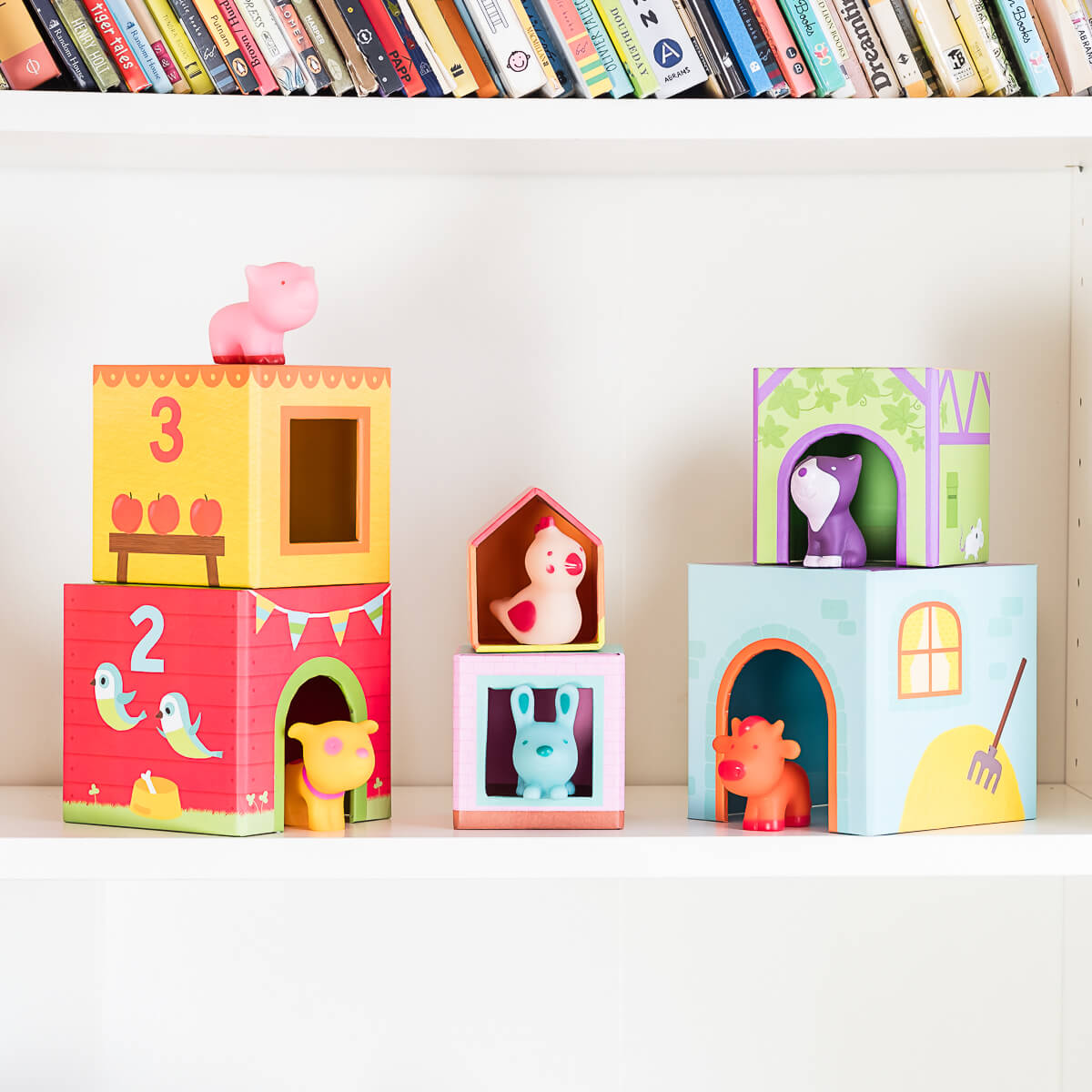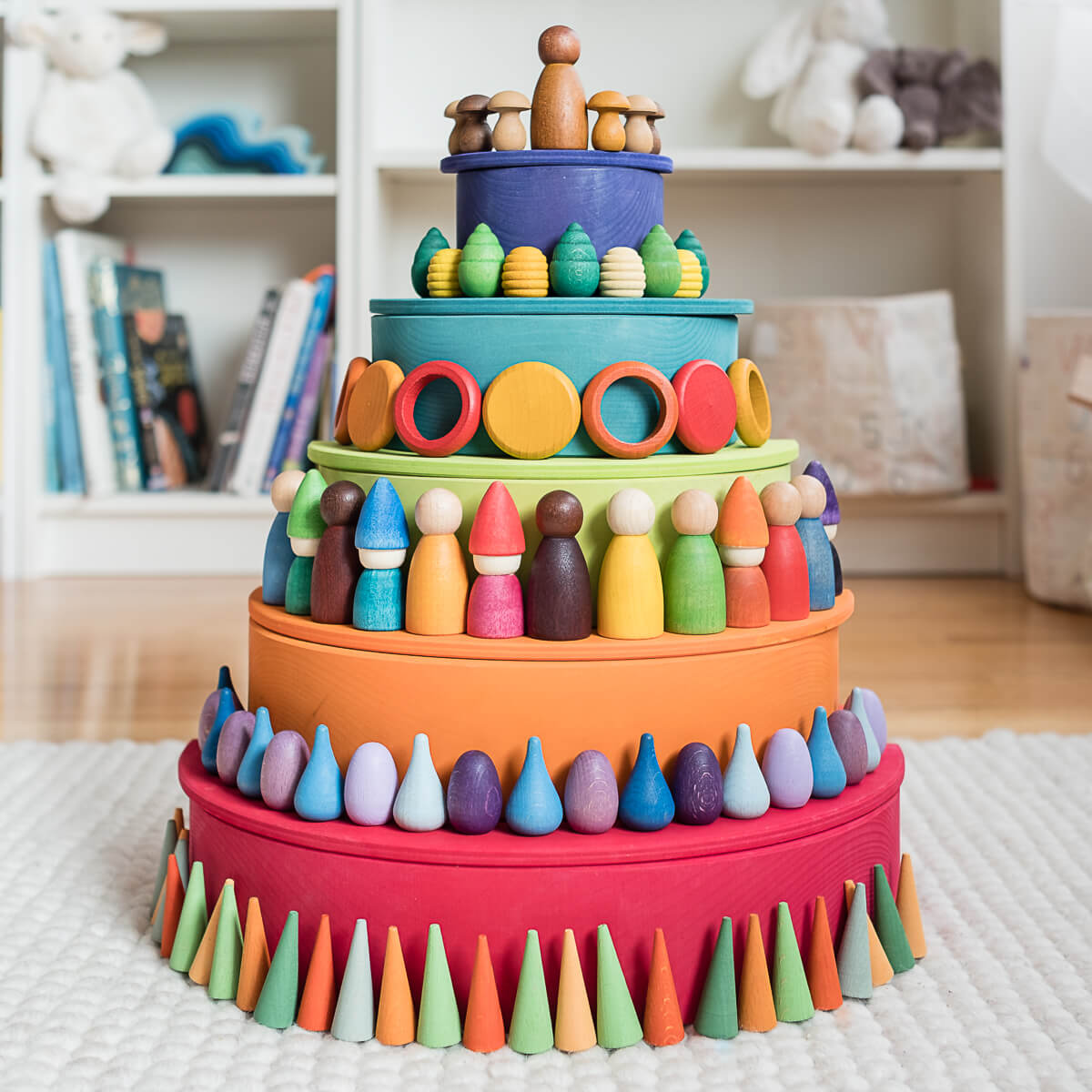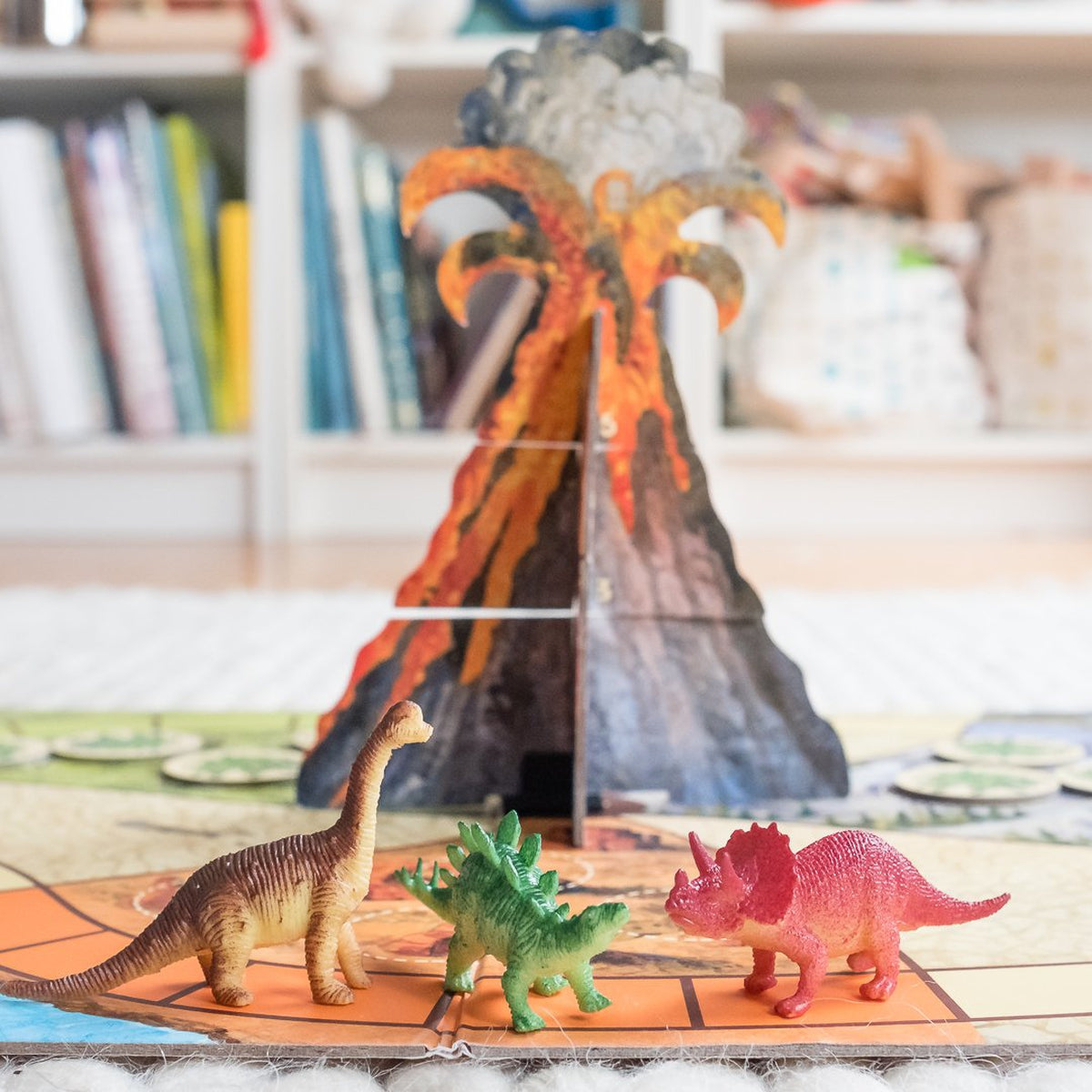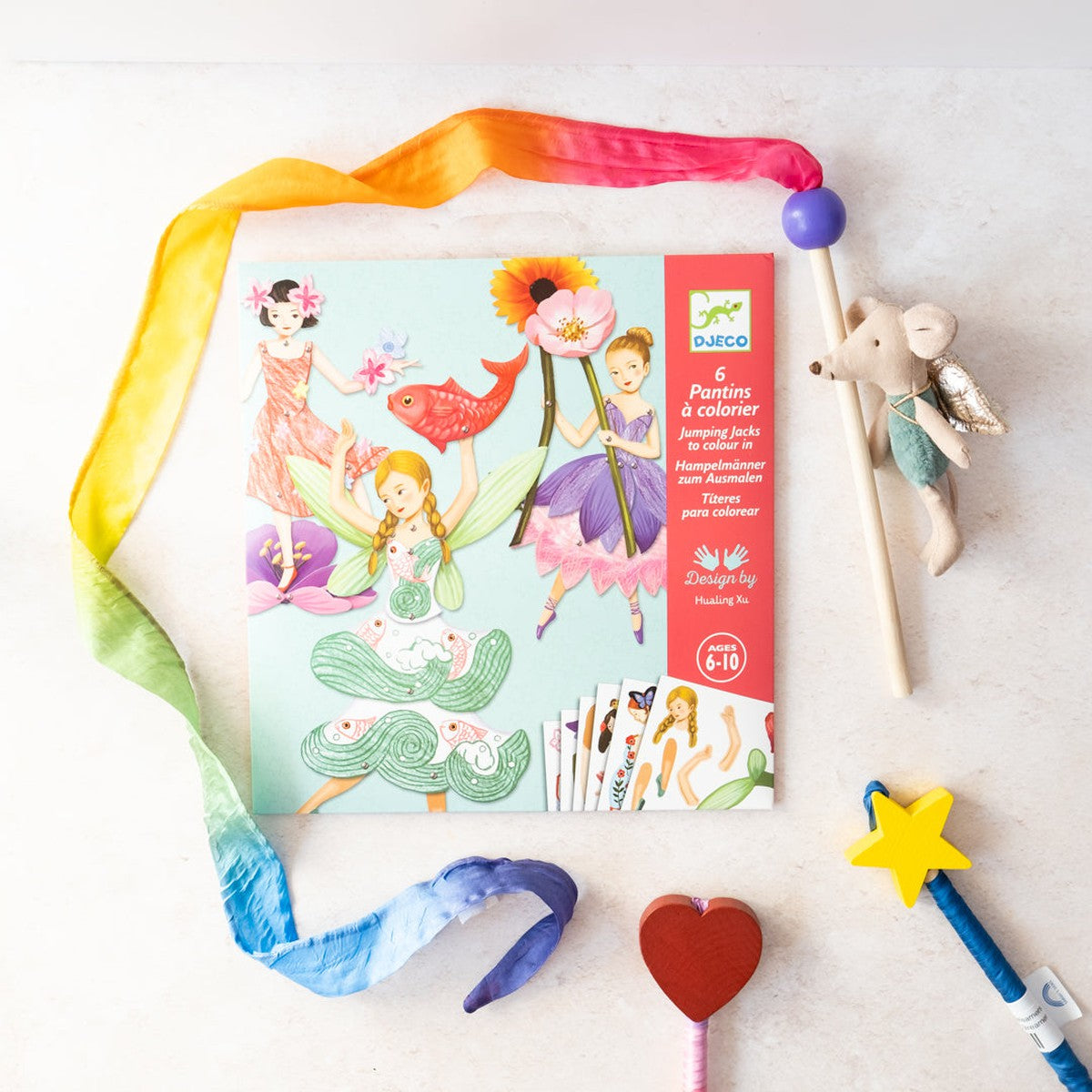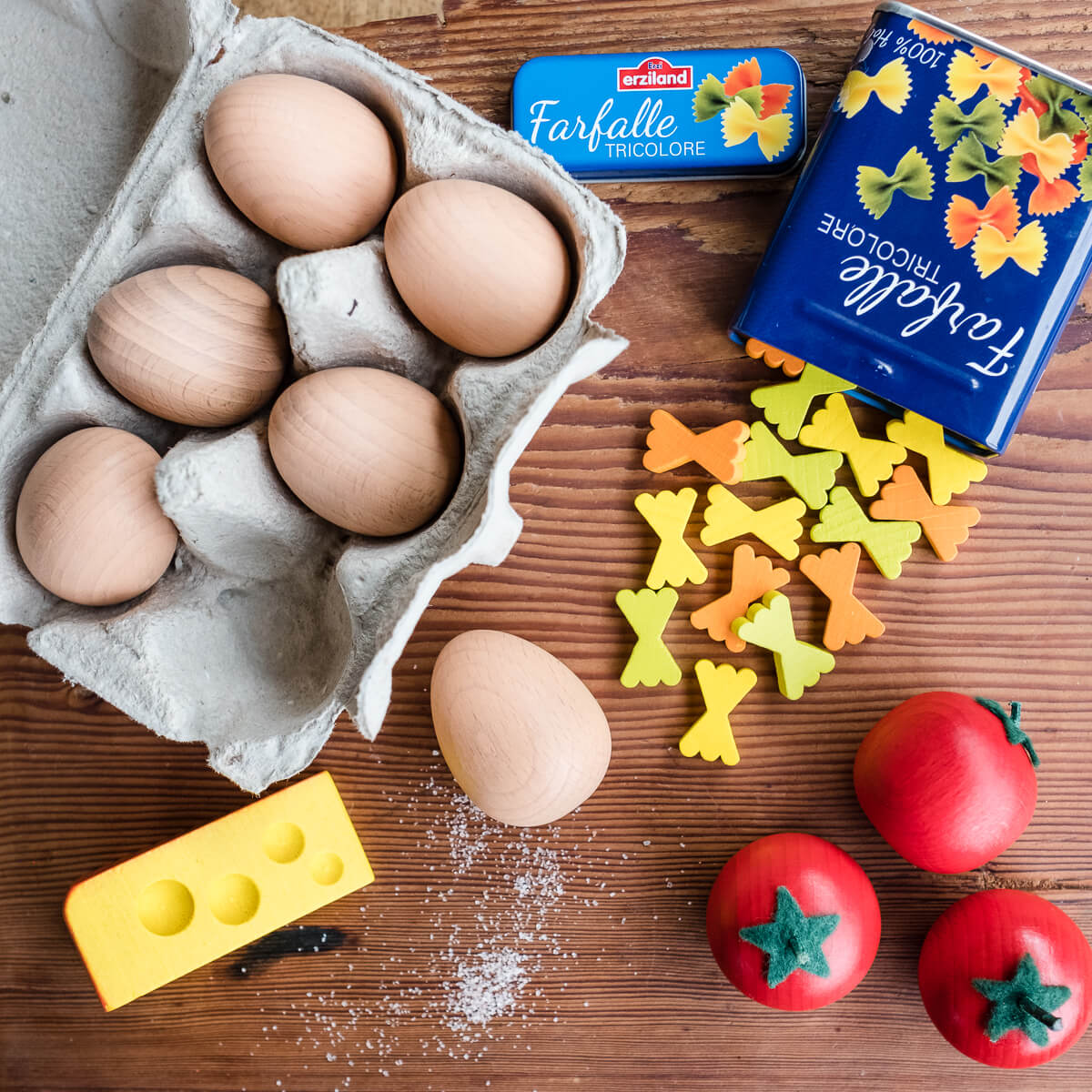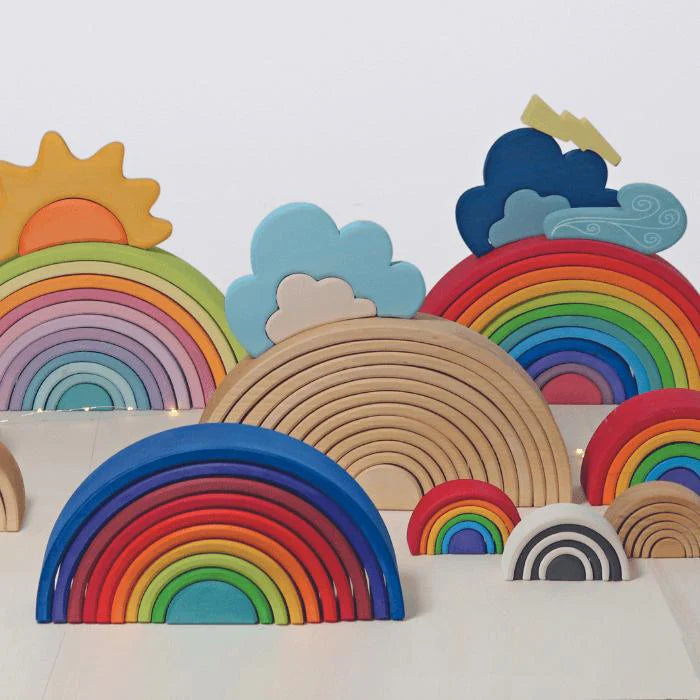We all want to raise happy, bright, capable kids. Kids who will grow into thoughtful, caring adults with the skills they need to succeed in their chosen paths. This article is part of a series (Essential Skills) that will help parents identify and help develop skills their kids will need to achieve whatever big and little dreams they can dream up.
Let’s talk about a big skill that you should absolutely work on with your kids: Critical Thinking. We’re going to give a brief overview of all you need to know to make this skill a part of your kids toolbox. We’ll talk about:
-
What critical thinking skills are.
-
Why critical thinking is important for your kid’s development.
-
Simple, free things you can do with your child to promote critical thinking skills.
-
Toys that are remarkable tools for developing critical thinking.

1. What are critical thinking skills?
The ability to problem solve, reason, analyze information and make good decisions are all examples of critical thinking skills. It’s the ability to think clearly and rationally and arrive at decisions in a level headed manner. We’re huge believers in gut instinct and following your heart, but critical thinking skills will help kids go from “I think this is right” to “I KNOW this is right”.
2. Why are critical thinking skills important?
-
There is information everywhere - but is it reliable? In an age of “alternative facts” and information overload, we need to equip our kids with the ability to evaluate information and come up with clear paths to achieving their goals. Critical thinking skills take a person from a passive listener to an active learner. They help us go from overwhelmed to making a decision or from confused to enlightened.
-
They’re helpful for almost any career. Some career paths seem like an obvious fit for critical thinking skills - scientific research or computer programmer for example where clearly evaluating information is the crux of success. But critical thinking skills are essential to just about every occupation, from entrepreneur to artist to school teacher to architect. Evaluating information and making good evidence based decisions is important no matter what path your child forges. We can’t even imagine what the future workplace will look like. But we can be certain critical thinking skills will be imperative to success.
-
They are necessary for coming up with creative, strategic solutions to the many, many challenges our kids will face in their lifetime. Our children will come up with countless ways to improve their world and critical thinking will be the catalyst for those changes.
-
It increases confidence AND humility. People who feel they are good problem solvers are less likely to feel intimidated by new challenges or people who disagree with them. But they’re also more likely to know when they DON’T have all the facts and wait to form a firm opinion. I want my son to be confident in his thinking abilities AND smart enough to know he doesn’t know everything.

-
Perhaps most importantly, critical thinking skills are necessary for self reflection and improvement. Who doesn’t want their child to live a meaningful life? Critical thinking is crucial for self evaluation and honestly reviewing our decisions and goals for creating an intentionally lived life. When I consider the adults I know, I can see the happiest are those who could determine what they wanted most and figured out how to get there. Whether it was plotting and succeeding in getting their dream job or pulling the plug on city life and moving to a small town where they knew they’d be happier. The point is, you can’t reach all your happy without strategy and that takes thinking skills!
3. Some simple, free things to do with your child to enhance critical thinking skills:
So what can you do to help your kid be a critical skill dynamo?
-
Encourage their natural curiosity and answer all of their why? why? why?’s with as much patience as you can muster. Encourage kiddos to explore, ask questions about how things work and test their theories out in the real world.
-
Instill a love of learning. Regularly visit your library and take out books based on your kids current interests. Let your kids ask friends or family their “whys” so they get different perspectives.
-
Help kids learn to evaluate information effectively. There is info everywhere, but is it good info? Talk about where the information is coming from and who is saying it and whether we should believe it. Talk about how new information might relate to what you already know and whether or not it is important to them.
-
Promote your kiddo’s interests. When kids are genuinely interested in something, they have more patience for a deeper level of information and are more willing to experiment and learn. The simple process of learning new things, whether it’s about trucks or unicorns or different types of rocks, will help kids hone their ability to learn other information later and encourage life long learning.
-
Teach problem solving skills. If your kid comes up against a problem, don’t just jump in and solve it for them. Help them form questions and gather information and then let them suggest solutions. Problem solve collaboratively rather than just handing them the solution.
- Play outside. Our natural world offers a million chances to analyze information and think about how things work. Let them marvel at how a pine cone can lead to a whole new tree. Let them test their skills and evaluate if they can make that jump off the log. Let them squeal with delight as they watch an ant marching along through a magnifying glass.
4. Top toys that help build critical thinking skills.
Your kids are going to play with toys, so make sure you include some real brain food in the mix! Here are some of our top toys for promoting critical thinking skills.
- Building block and construction toys. Every block creation is a critical thinking deep dive! How can I make a castle out of these shapes? Why does this tower keep falling over? What do I need to do to stabilize it? Some of our favourite block and construction sets are Haba's Zippity Zoo Animals and Grimm's Wooden Building blocks for younger kiddos, and our best selling Stacking Robots and marble runs for older kiddos. Find the full building block collection here.
- Marble Runs. Much of the same benefits as blocks and construction, with the added bonus of seeing if your creation can successfully work as designed. Why does the marble fly off at this point? How can I fix it? See our marble run collection here.
- Books Books are top notch tools for creating a deep seated love of learning that will carry kids through their whole lives. All books can be useful here, but extra credit goes to books that promote observing our world and thinking about how it works (such as books about nature or science). Check out Rosie Revere Engineer, Usborne Look Inside Your Body and Usborne First Encyclopedia of our World to get started.
-
Puzzles. Putting together puzzles is awesome for sharpening logic and problem solving skills. Where does this piece go? Is this an edge piece or an interior piece? Hmmm is that part of a white duck or is it part of the clouds? Choose an age appropriate puzzle (from 2 piece all the way to 1000 pieces!) and what you kiddo's brain expand. See our puzzle collection here.
- Games. Games are fantastic for sneakily teaching problem solving skills, logical thinking and strategy while kids are just having a good time. For younger kiddos, games like Chicky Boom, Rush Hour Jr and Goblet Gobblers offer great exercise for the brain. Older kids can try their hands at Rush Hour, Solitaire Chess or Qwirkle to flex their thinking muscles. See the full the full games collection here.

There are so many ways to encourage critical thinking skills in our kids. We believe that as parents, we must equip our kids with the skills they need to navigate their world effectively. We really have no idea what their future will like, but no matter what the future holds, people who can think for themselves will be at an advantage.

